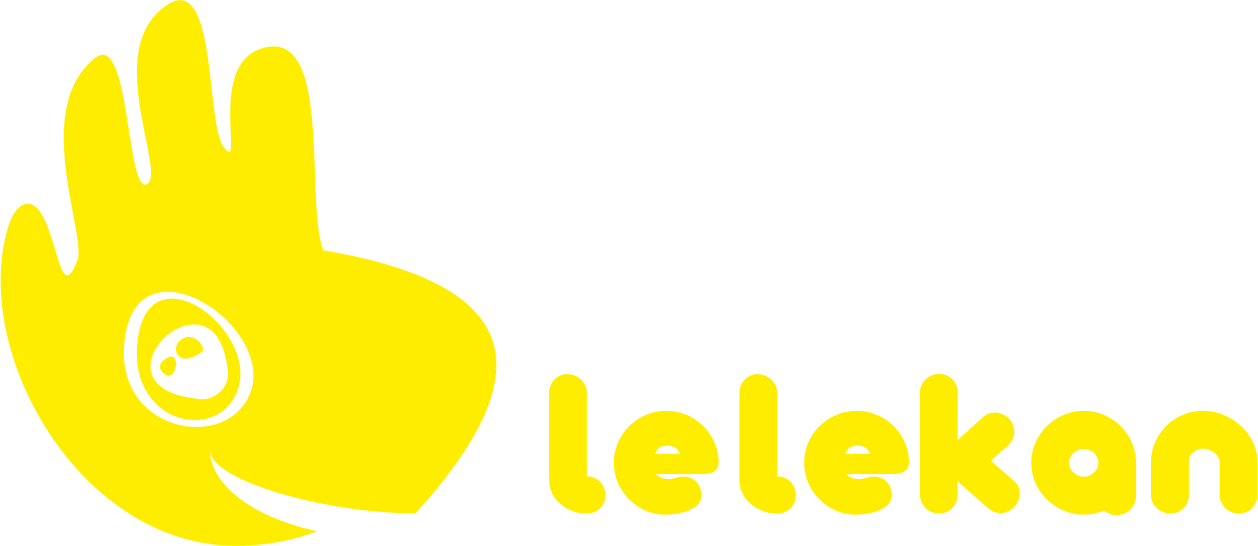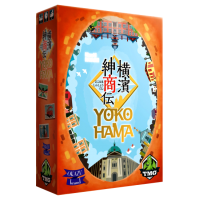Yokohama Board Game Review
Related Products
As a rule, reviews of game reissues follow a predictable pattern. The author recalls his experience with the original edition or claims that it was a forgotten masterpiece. It's a bit of a cliché, and it works for the most part. However, in this case I can't follow suit as I never got the chance to play the original Yokohama version.
As shallow as it sounds, the only reason I never played the old edition was because of the graphic design. The original box cover felt claustrophobic, and the look was like being thrown into a strangely shaped well. When I saw her at the board game meetups, it didn't give me much confidence. Cards were lying all over the table, and there were simply too many leftover wooden cubes.
After playing the newer version a few times for this review, I have to confess and say what I missed. This is a great game that easily matches up to fantastic games like Concordia and Puerto Rico. This is the next step after you were spoiled by the starting trio of Carcassonne, Ticket to Ride and Catan. Like any game, it's not perfect, but it does a lot more right than wrong.

PREPARATION
With that confession out of the way, let's get into what makes this game successful. At its core, Yokohama is a pickup and delivery game about fulfilling orders, capturing equipment, and gathering resources. It is the beginning of the Meiji era, and the city of Yokohama is at the forefront of foreign trade. You are a trader in this boom period and want to outdo your friends.
To help you on this journey, you have a small militia of helpers, a president, some shops, and two starting order cards. At the beginning of your turn, you have two options for placing your helpers: you can spread out three of them in three separate zones of your choice, or you can concentrate two in one zone. If you want to place an assistant in the same place as another player's president, you need to pay one yen to the other player.
After the assistants are placed, your president takes over. The president's movement is limited to the areas where you have placed assistants, and if you move through any other player's president, you must also pay that player one yen.
Wherever the destination is, this zone is activated. The number of pieces you have there, i.e. your assistants and the president, determines the "power" that affects your zone power. Simply put, the more power you have, the more stuff you get.
NAVIGATION IN THE HARBOR
It sounds simple enough, and that's because it is, but there are some complexities in these innocent rules. When you activate a location with at least four powers, you open up the option to create either a shop or a trading house in that area. These structures offer more than just immediate benefits; they also give you an extra power point when you use that area for the rest of the game. Trading houses prove to be particularly valuable, as they reward you with one yen each time another player uses that location.
That's pretty much it in terms of turn flow, but there are some additional areas to worry about. There is a customs field and a church field where you need to donate resources to permanently place a helper in those fields. Similar to Shops and Trading Houses, they give an immediate bonus, but possibly end-game bonuses if you have a majority of helpers in those two spaces. There are also technology cards that break the rules, from a tram that makes movement trivial to a winery that gives bonus points every time you send a helper to the Church.
There is even a form of collecting sets to score points at the end of the game. Each order and technology card has a country icon. You get a decent amount of points if you have unique sets of cards, but if you have a pair of country cards, you get a foreign agent. These foreign agents are limited and activating one is similar to activating your President, essentially giving you an extra turn.

FOREIGN INFLUENCE
If that sounds like a game of point salad, I'm not going to argue, because that's exactly what's going on here. My usual reaction to such a design was a roll of the eyes, a loud sigh, and then a slap on the forehead. I can't do that here because while there are many ways to earn points, they are quite interconnected and using them often helps you in other ways.
If anything, this is Yokohama's biggest advantage in the field of conventional pickup and delivery. While many games in this genre tend to confine players to a single, rigid path with little room to deviate from the main objective, Yokohama takes a more loose approach. This encourages players to explore different paths beyond the obvious. Instead of immediately focusing on fulfilling orders, you can create a network of stores and trading houses to increase your production capabilities. In addition, you can start with a large army of assistants and gradually expand your influence in all directions.
With this freedom, players can experiment in each session and get a dopamine fix. Like a true entrepreneur, you are always looking for opportunities to take advantage of. Even idle time doesn't live up to the title, as you're constantly calculating the various options you have at the start of your turn. Some players may get lost because of the open nature of the game, but I welcome it. The game embodies the essence of a timeless European-style board game, keeping it fresh and attractive even to a fault.

TROUBLED WATERS
Since there are not many dynamic variables in the game, hyper-analytical players will easily eat up everyone's time. While there's a randomized setup with zone tiles at the start of the game, it's more of a formality than something that's truly game-changing thanks to the absolute autonomy you have placing your minions anywhere combined with unlimited movement. Tech cards try their best to create the illusion of game-changing abilities, but most of them are just extra incentives to do all the standard actions. The setting of the game doesn't play a big role either, as it could be any city and no one would notice.
Despite its imperfections, Yokohama has an undeniable appeal that deserves recognition. For a game heavily inspired by European game design philosophies, there's a remarkably high level of player engagement. Other players are constantly hampering you by taking shelter in your designated areas, and your only response will be a few curses. Racing for certain technology cards or placing those vital buildings before other players will become a regular challenge for you. With the right players, the tempo of the game reaches New York minutes. While some may be turned off by the puzzle, this game is not a hard puzzle with one solution. Instead, Yokohama is challenging itself with plenty of options to participate.
Yokohama appears as an elegant gem in the European-style gaming treasure trove, and it's a big room. It has minor flaws like any other game, such as potential analysis paralysis and a somewhat superficial theme. I also can't deny that it does a lot of great things to create an inviting atmosphere. There are multiple ways to win, the rules aren't that complicated, and players are kept engaged from start to finish. Yokohama successfully bridges the gap between simpler gateway games and more complex offerings. This new edition proves that sometimes a second chance at discovery can lead to a truly rewarding gaming experience.





